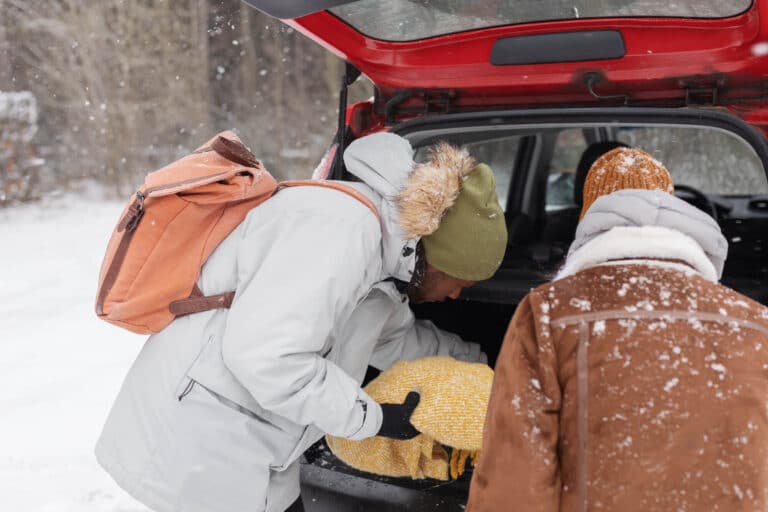As winter sets in each year, navigating the icy and snowy roads becomes a major concern. Every year, winter road conditions contribute to thousands of weather-related vehicle accidents. Taking necessary precautions is not just a matter of safety; it’s also a legal obligation, part of our duty of care. Here are some actionable tips on how to make winter driving safer for you, your family, and others around you.
Preparing Your Vehicle for Winter Driving
First, you must ensure your vehicle is primed and ready for winter conditions. This includes checking your car’s battery, anti-freeze levels, brakes, and heating system. If these are not in optimal condition, you could be held legally responsible for any accident that occurs due to mechanical failure.
In addition, remember to replace your wiper blades with winter ones and to keep your gas tank at least half full to prevent fuel lines from freezing. Not doing so may not directly lead to legal consequences, but it can put you and other drivers at risk.
The Importance of Winter Tires
Winter tires are designed to grip snow and ice better than all-season or summer tires. They can improve traction by up to 50%, a significant advantage when it comes to avoiding accidents.
In some jurisdictions, using winter tires is a legal requirement during certain months. Failure to comply can result in fines, and if an accident occurs, your insurance may not cover the damages. Check your local laws to ensure you comply and protect yourself legally and physically.
Safe Driving Techniques in Snowy or Icy Conditions
Adjusting your driving habits is as important as preparing your vehicle when driving in wintry conditions. Always drive slower than you would in clear conditions and maintain a safe distance from other vehicles. Always clear your vehicle of snow and ice before driving. In many states, driving with windows obscured by snow is illegal. Using your headlights in any condition that compromises visibility is also legally prohibited.
Following these simple tips won’t prevent all accidents, but it can significantly reduce the risk of damage or injury to yourself or others. Even so, remember that not everyone is driving conscientiously during wintry conditions, and if their vehicles aren’t in proper condition, they could lose control and cause an accident. If you or a loved one is injured in an accident where someone else was negligent, don’t hesitate to contact our law offices. We are here to protect your rights and help you get the compensation you may be entitled to.







